#beham
Explore tagged Tumblr posts
Text

#art#renaissance#medieval#fine art#etching#der tod und das mädchen#death and the maiden#sebald beham
235 notes
·
View notes
Text

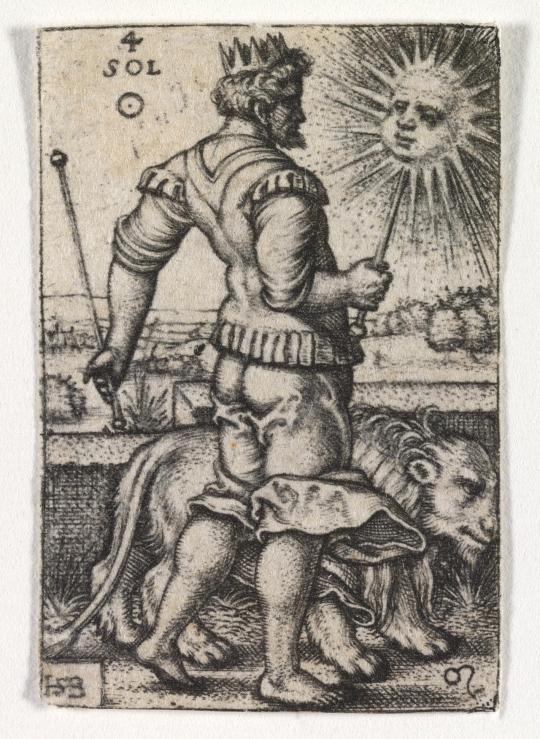


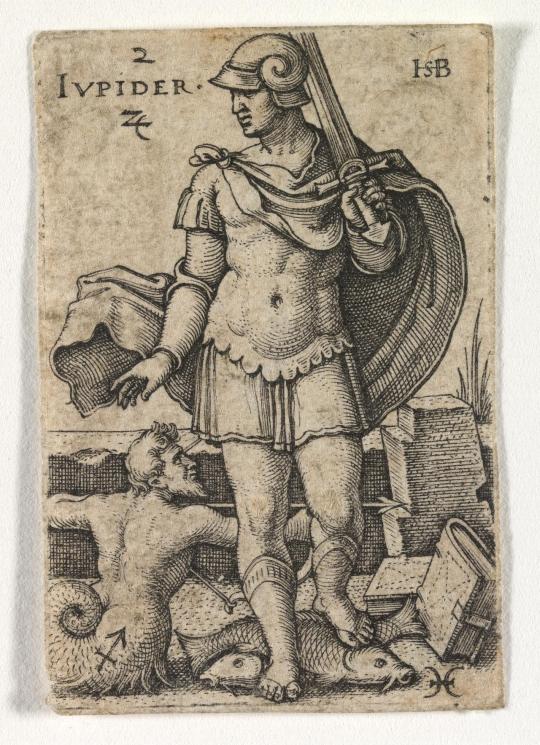
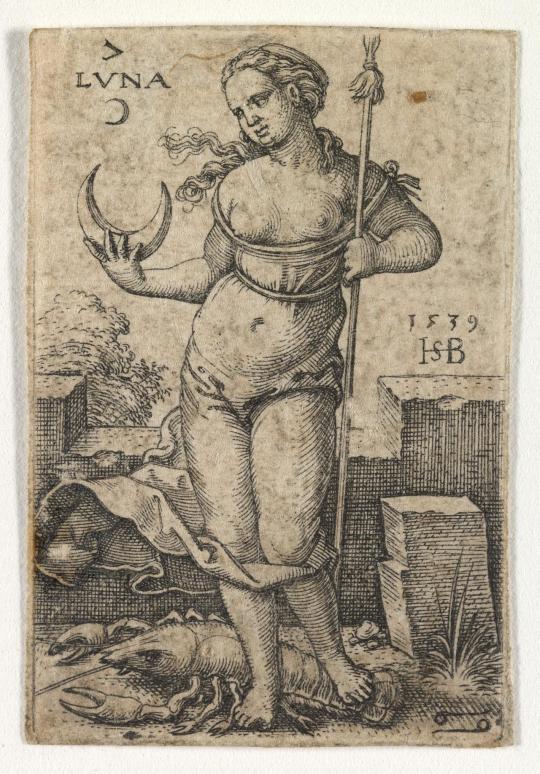

▪︎ The Seven Planets Series.
Artist: Sebald Beham
Medium: Engraving
#art#engraving#planets#the seven planets#sagittarius#luna#moon#jupiter#mars#venus#sol#sun#mercury#sebald beham
78 notes
·
View notes
Text

Hans Sebald Beham, Ornament with armour and two genii (etching, 1544)
from here
24 notes
·
View notes
Text

Barthel Beham (German, 1502-1540) Portrait of an Arbitrator or Mathematician, ca1529
43 notes
·
View notes
Text

'Hercules killing Nessus' Hans Sebald Beham
39 notes
·
View notes
Text

Nathaniel Currier, Jesus bearing his cross, 1848 VS Sebald Beham, Hercules carrying the columns of Gades | The Labours of Hercules, 1545
#Nathaniel Currier#jesus#jesus christ#christ#cross#Sebald Beham#hercules#column#columns#labours#greek myth#greek mythology#mythology#Way of the Cross#via crucis#Stations of the Cross#Way of Sorrows
40 notes
·
View notes
Text
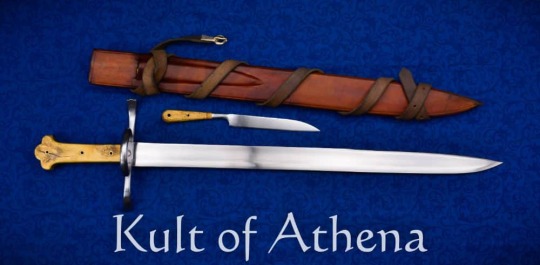


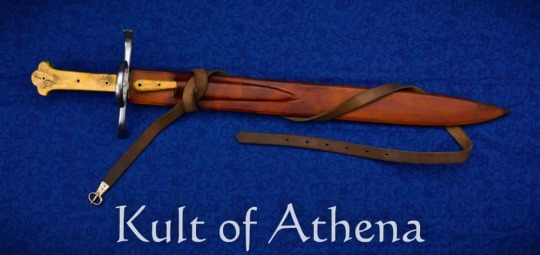
Ádám Bodorics – Beham Messer with Ring Hilt and Brass Frame Boxwood Grip
This Beham style Messer by specialist swordsmith Ádám Bodorics is a wonderfully agile sword in the hand that strikes with velocity and power – its wide and well-tempered blade bites deeply and its thin profile along the main cutting portion of the blade passes through a target with little drag and resistance – a truly fierce performer in a scrap of a melee! The thick ring at the hilt gives impressive protection to the entire hand from even notably larger weapons and the grip is a unique composite with the thick tang riveted and embedded between two halves of smoothly polished boxwood which is framed in strips of finely worked brass. The wood grip halves may look cracked, but they are actually created from a deliberate reconstruction of smaller pieces with strong and colored bonding filler in order to give the grip a unique theme and appearance that is perfectly apt to the troubled times of early 16th century Germany.
The sword is matched with scabbard of well-carved wood which is wrapped in linen for a binding to aid in durability which is then finished with overlaid tight leather with a compartment for a matching byknife which is included. Integrated and knotted to the scabbard is a thick sword belt with an adjustable buckle for wear. Below is Ádám’s own words on his unique creation offered here:
Messers take a huge variety of form and construction. This piece is based on a 1540 woodcut by Hans Sebald Beham with a subtle Memento Mori theme. In the 16th century, knifelike sidearms undergo several changes, one of them being the increasing regularity of hidden tangs. Illustrations from the period sometimes show rather complex grip shapes that would be complicated with a full-tang construction, but a hidden or a frame tang makes them much more trivial. Hans Sebald Beham often shows interesting grip shapes even in a bucolic setting, and it’s one of his woodcuts I based this piece on.
The straight and nimble blade is ground from 51crv4 (6150) high-carbon steel and is heat-treated to 50-52 HrC. It is optimized for cutting and slashing. It has plenty of distal taper and a wide fuller along it’s length. The cross has a gentle S-shape and a sidering instead of a Nagel. It is still affixed to the blade with a rivet o make sure it’s not mistaken for a sword or falchion or storta. The finials of the cross echo the trilobate design of the grip. The real tang of the blade reaches to about two-thirds of the grip. A thin steel plate was cut to the intended shape of the grip with a brass strip formed and soldered along it’s edges. The grip panels sit on the edges of the frame with the cavity between the panels and the tang filled with adhesive following the style of surviving frame-tang sidearms.
The byknife is hand-forged and ground from 80crv2 with integrated bolsters and a forge-welded mild steel tang. The grip panels are affixed by glue and tubular brass rivets of increasing diameter. The grip panels are boxwood, buxus sempervirens. These pieces were hand-picked to highlight the effects of the blight eradicating old growth, namely the aggressive checking from quick drying following rapid defoliation and the cloudy dark discolorations. There is evidence for boxwood’s continuous use for over two millennia, but as specimens large enough for larger carvings take an immense amount of time to grow, preventive culling or neglect of infected trees both make it near-impossible for this material to stay for long. To me, using these specific slabs was like erecting a gravestone, removing the need for any overt Memento Mori or Totentanz motifs.
The scabbard has a wooden core, linen wrapping and a vegetable tanned leather wrap with an integrated subsheath for the byknife. It is dyed a light brown and is undecorated to keep the attention on the hilt of the Messer. There is a belt threaded into two slits in the back of the sheath, crossing over to either side.
#Kult of Athena#KultOfAthena#New item Wednesday#Ádám Bodorics#Adam Bodorics#Beham Messer with Ring Hilt and Brass Frame Boxwood Grip#sword#swords#weapon#weapons#blade#blades#European Swords#European Weapons#Medieval Swords#Medieval Weapons#Renaissance Swords#Renaissance Weapons#messers#16th century
33 notes
·
View notes
Text

Barthel Beham - Child with Three Skulls, 1529.
8 notes
·
View notes
Photo

Sebald BEHAM (1500-1550) “Das Haupt Christi” - “The Head of Christ” (ca. 1520) Clair-obscur-Holzschnitt / Chiarascuro woodcut Sammlung / Collection ALBERTINA Wien / Vienna Ausstellung / Exhibition Dürer, Munch, Miró. The Great Masters of Printmaking ALBERTINA Wien / Vienna - 2023
#sebald beham#Das Haupt Christi#the head of christ#Albertina Vienna#hans sebald beham#woodcut#holzschnitt#nürnberg#nuremberg#Albrecht Dürer#reformation#Albertina#the great masters of printmaking
27 notes
·
View notes
Photo

Hercules Overpowers Fire-breathing Cacus
Hans Sebald Beham from the series Labors of Hercules, 1545
39 notes
·
View notes
Photo


The Woman and Death (1541) by Hans Sebald Beham
8 notes
·
View notes
Text

Detail from Hans Sebald Beham’s Adam and Eve engraving, created by the German artist in 1543.
4 notes
·
View notes
Text

Hans Sebald Beham, The little buffoon (etching, 1542)
from here
12 notes
·
View notes
Text

Barthel Beham (German, 1502-1540) Portrait of an Arbitrator or Mathematician, ca1529
37 notes
·
View notes
Text

Barthel Beham
11 notes
·
View notes
Text

Leda and Swan, Hans Sebald Beham (German, 1500–1550)
0 notes